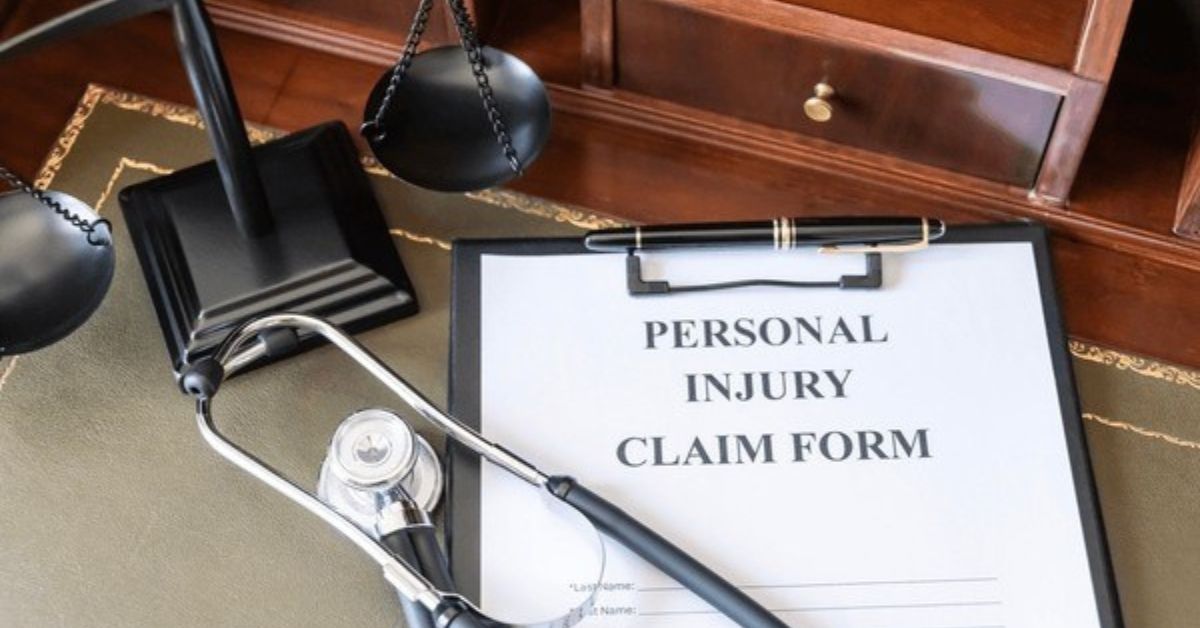Law
The Pros and Cons of Settling a Personal Injury Claim Out of Court

After an accident, you may be left with medical bills, lost wages, and emotional distress. The next step is deciding how to seek compensation. One option is to settle your claim out of court. While this might seem like the simplest choice, it has both advantages and disadvantages.
A personal injury lawyer at Tysons Trial Law, PLLC can help you understand your options. They will assess the strength of your case and guide you through the process. Many cases are settled outside of court, but is that always the best decision?
In personal injury claims, settlement talks can be quick or drawn out. Some victims prefer to avoid a trial. Others believe they deserve more than what is offered. Before making a choice, it is important to weigh the pros and cons.
The Pros of Settling Out of Court
Faster Resolution
Settlements are usually quicker than court trials. Trials can take months or even years. Negotiating a settlement can take weeks or a few months. This means you get compensated sooner.
Less Stress
Going to court can be overwhelming. There are legal procedures, testimonies, and cross-examinations. Settlement negotiations are more relaxed. They save you from the anxiety of a courtroom battle.
Lower Legal Costs
Court trials are expensive. There are attorney fees, court costs, and expert witness charges. Settling means fewer legal expenses. You keep more of your compensation.
Guaranteed Compensation
Trials are unpredictable. You might win, or you might lose. A settlement ensures you get paid. It removes the risk of walking away with nothing.
Privacy
Court cases are public records. Settlement agreements are usually confidential. If you want to keep your personal matters private, a settlement is a good choice.
The Cons of Settling Out of Court
Lower Compensation
Insurance companies want to settle for the least amount possible. They might offer less than what your case is worth. You could miss out on a larger payout if you settle too quickly.
No Admission of Fault
In a settlement, the other party does not have to admit wrongdoing. If you want justice and accountability, a trial might be the only way to achieve that.
Final Agreement
Once you settle, the case is closed. You cannot ask for more money later, even if your condition worsens. If you go to trial, you may be able to seek more damages.
Negotiation Challenges
Not all settlements go smoothly. Insurance companies can be tough negotiators. Without strong legal representation, you might accept a low offer.
Missed Legal Precedent
Court cases set legal precedents. If your case goes to trial and you win, it could help others in similar situations. Settlements do not contribute to legal changes.
Conclusion
Deciding whether to settle out of court is a big choice. A quick settlement can save time, stress, and money. But it may also mean accepting less than what you deserve.
Think carefully about your case. Weigh the risks and benefits. If you are unsure, talk to a personal injury lawyer. They can help you make the best decision based on your situation.
